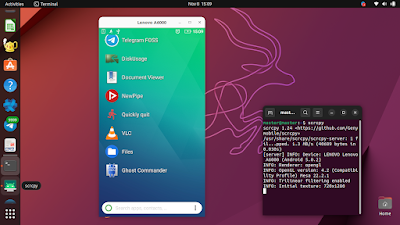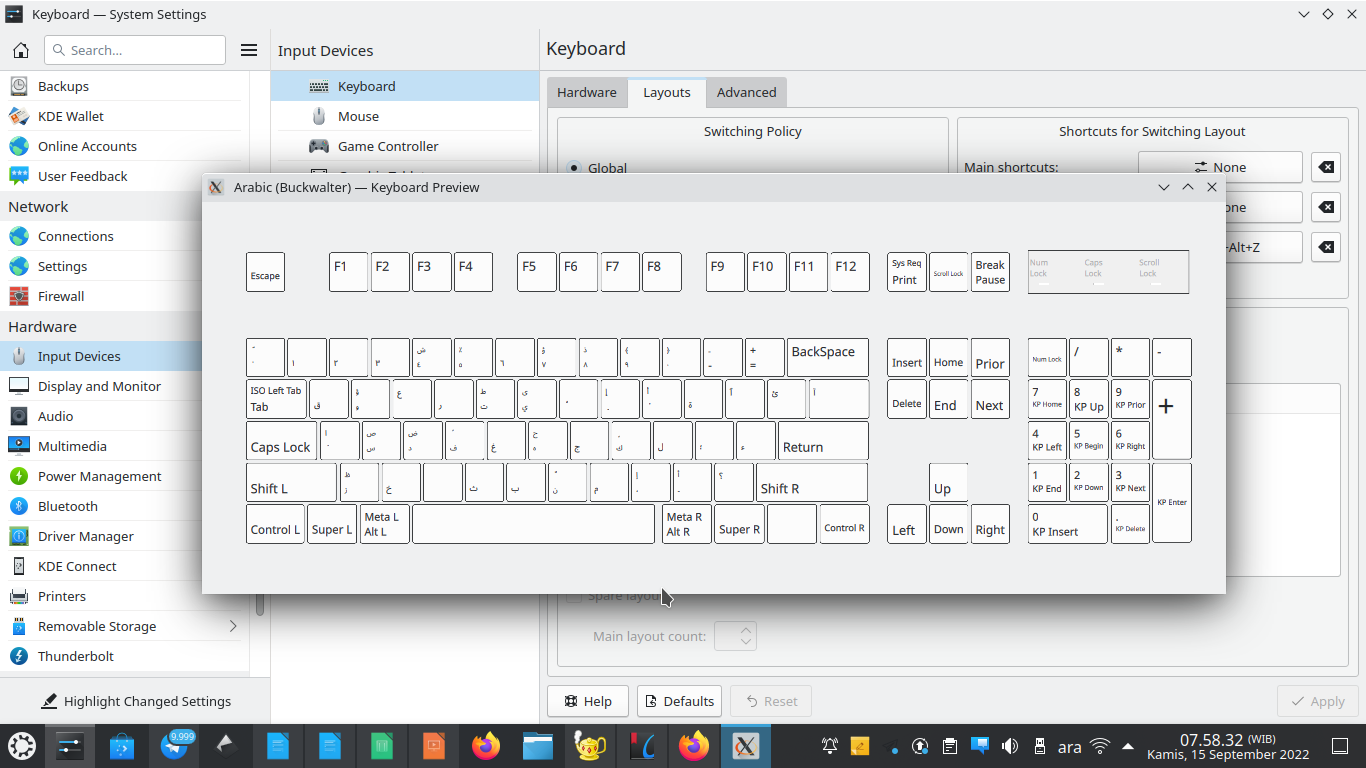This tutorial will help you creating desktop shortcuts with icons on GNOME desktop environment in general and Ubuntu 24.04 computer system in particular. We divide this tutorial into three sections, first is to create basic shortcut on desktop, second is to create a custom shortcut for a custom program or command line or shell script and third is to edit existing applications menu to suit your needs. This works for other systems as well for example Debian, Fedora and Guix. Now, let us start practicing!
Subscribe to UbuntuBuzz Telegram Channel to get article updates.
















